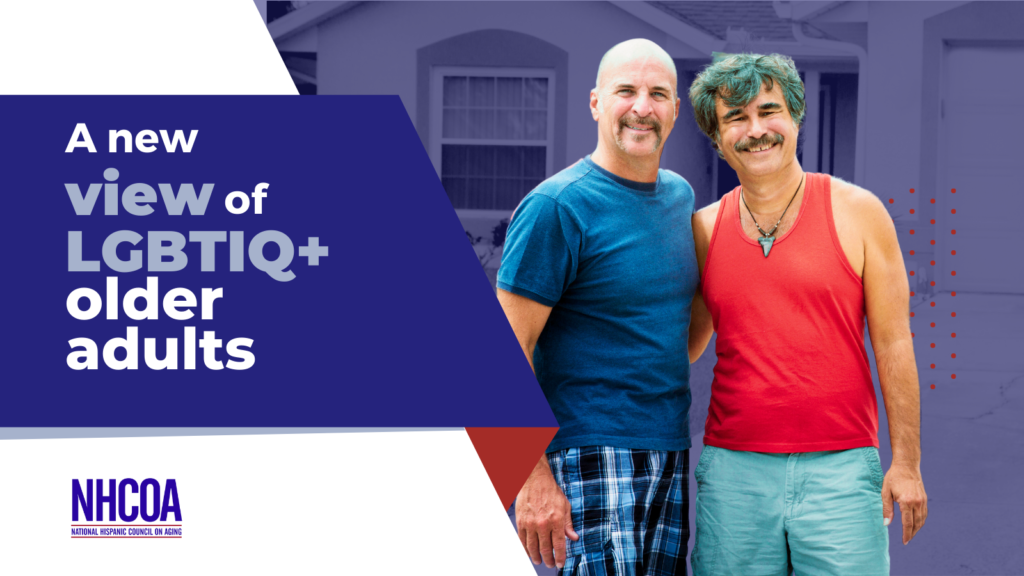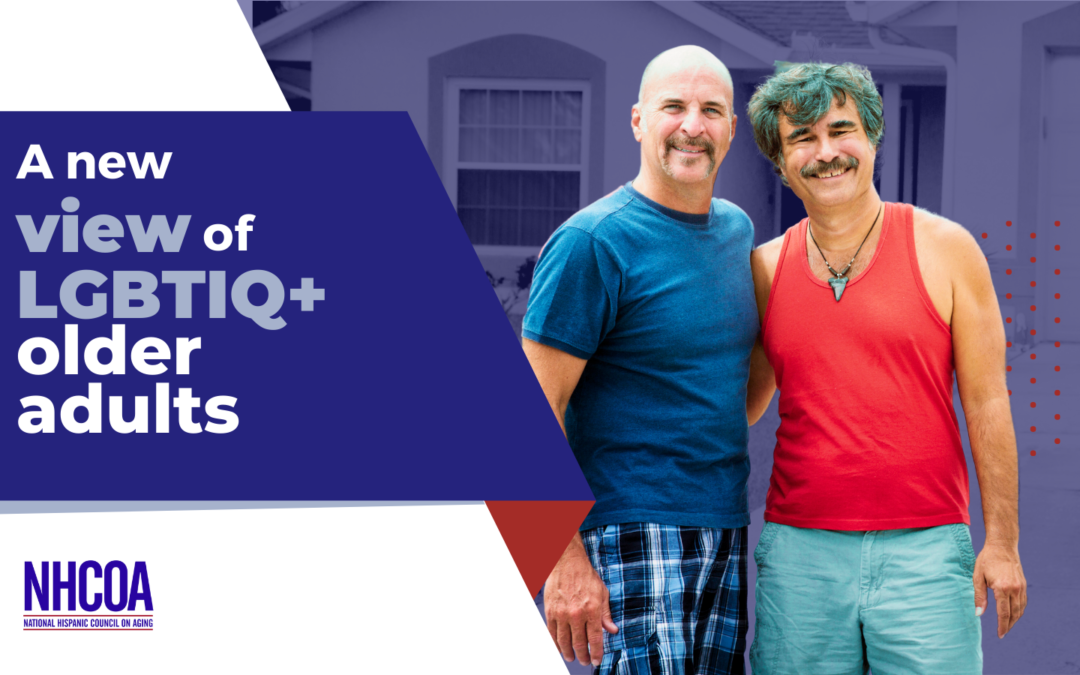
If aging is already a difficult process for people to go through, it becomes even more challenging for the LGBTIQ+ community, as they often experience discrimination—not only based on age but also due to gender or sexual orientation. These difficulties give rise to misconceptions and false beliefs about LGBTIQ+ older adults, and it is necessary to correct them in order to create a space free from stigmatization and discrimination.
Sexuality can be a taboo subject in regard to older adults, and this hesitation to speak about sexuality leads to misconceptions about LGBTIQ+ older adults. It is important to normalize sexuality and view it as a natural process among human beings, not only as a reproductive process but also as an activity that contributes to full and pleasurable lives.
The ability to live a fulfilling life should be accessible to all individuals, especially as they age—this is why accessible healthcare is so vital. However, one of the difficulties faced by LGBTIQ+ older adults is the limitations in accessing dignified care that is free from stigma and prejudice. Many claim that healthcare professionals lack the necessary preparation to attend to the needs of diverse older adults.
A survey by AARP (American Association of Retired Persons) highlighted the fear many LGBTIQ+ older adults have of not having family or social support in their old age. They are also concerned about the discrimination or harassment they may face in long-term care facilities, which acts as another obstacle to enjoying a fulfilling life.
This is an opportunity to create inclusive circles for diverse identities. Long-term care centers, medical professionals, caregivers, and family members should be trained and sensitized in the care and treatment of diverse older adults. This will prevent individuals with diverse identities from hiding their identities as they age and help them feel secure in seeking services that meet their needs.
When it comes to fundamental rights, there is an outstanding debt owed to the LGBTIQ+ population as a whole. This situation is reflected in the scarce representation that currently exists among older transgender adults. This situation is further complicated due to the social context they faced, the obstacles encountered regarding their identity, and the quality of life they could have. As a result, the life expectancy of a transgender person is lower than cisgender people. According to data obtained from the content portal of the National University of Cuyo in Argentina, the average life expectancy of a transgender person in Argentina is around 30-years-old.
While it is true that there have been advances worldwide in terms of gender identity laws and same-sex marriage laws, society as a whole must work hard to provide safe spaces for this population, free from prejudice, stigma, and stereotypes. The challenge is to reshape our perspective as a society in order to foster safe spaces where our diverse older adults can fully thrive. In this regard, it is essential for them to have family support, employment, healthcare, and dignified housing. We can help meet the needs of LGBTIQ+ older adults by approaching them with empathy, listening to their experiences and understanding their reality.
References:
La vejez LGBTIQ+: tabúes y obstáculos después de los 60 – Unidiversidad
Comunidad LGBT teme discriminación durante la vejez (aarp.org)
La expresión sexual de los ancianos: Una sobredosis de falsos mitos (isciii.es)


Recent Comments